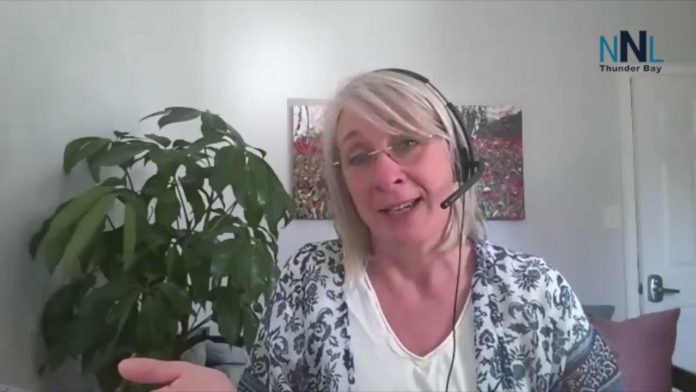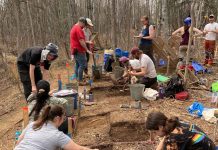OTTAWA – Patty Hajdu of Health Canada and Marc Miller of Indigenous Services Canada issued the following statement today following the third virtual gathering with Indigenous Peoples and organizations, health professionals, health partners, and provincial and territorial representatives to work toward eliminating racism against Indigenous Peoples in Canada’s health systems:
“As we continue to address anti-Indigenous racism in Canada’s health systems, we acknowledge that colonialism and past actions and inactions of governments have driven racist practices, behaviours and policies against Indigenous Peoples. This has had heart-wrenching and catastrophic effects on First Nations, Inuit and Métis communities. Devastating evidence and heartbreaking testimonies have been shared with all Canadians over the past month alone: the coroner’s inquiry into the death of Joyce Echaquan in Quebec, and the unmarked graves found in the areas of former residential schools in Kamloops, Cowessess and the many more that will be found across the country, as communities and families recover the truth.
More stories of trauma and suffering were shared during the National Inquiry into Missing and Murdered Indigenous Women and Girls and the resulting Final Report, which contained 231 Calls for Justice. This month, the 2021 Missing and Murdered Indigenous Women, Girls and 2SLGBTQQIA+ People National Action Plan: Ending Violence Against Indigenous Women, Girls and 2SLGBTQQIA+ People was released by contributing partners, including Indigenous groups, and provincial and territorial partners. The Government of Canada’s contribution is the Federal Pathway.
Today, more than ever, Canadians are scandalized as more and more of those lived realities are shared publicly. However, this is not new for Indigenous Peoples. These stories were told; they were denied by many. They were especially familiar to those who had to deal with the compounding pain of shouldering people’s rightful outrage to these truths.
These significant events are just a glimpse into the everyday realities that Indigenous Peoples continue to face. Seeking health care that is culturally safe and holistic without fear of discrimination or mistreatment should not be something that Indigenous Peoples in this country should need to fight for. First Nations, Inuit and Métis have the right to be served by the highest quality health system, no matter where they live.
Building on previous National Dialogues to address anti-Indigenous racism in Canada’s health systems, the Government of Canada convened a virtual two-day gathering with provincial and territorial governments, and Indigenous and health system partners to commit to concrete actions. During this dialogue, participants shared the clear actions required to eliminate anti-Indigenous racism in Canadian health systems, and these actions centred around four key themes: cultural safety and humility training, increasing Indigenous representation in postsecondary health education, safe patient navigation, and traditional approaches to health.
We have heard that cultural safety and humility are achieved through system-wide changes. Indigenous partners and organizations made it clear that there needs to be a greater emphasis on the retention and success of Indigenous students in postsecondary health programs and their transition into the workforce, and that safe patient navigators are an important—but interim—measure to support Indigenous Peoples in accessing health care, not a long-term solution.
The governments, Indigenous partners and health professionals that participated in this dialogue agreed that a health system that recognizes traditional knowledge is a better health system for all Canadians. As such, we must continue to work together to build health systems that can be accessed fairly and easily by the individuals seeking services. Elders and traditional Knowledge Keepers need to be heard and also adequately compensated and supported in a sustainable manner.
Together, we call on all Canadians to fight anti-Indigenous racism by engaging in these courageous conversations and by taking a stand against instances of racism against Indigenous Peoples. By confronting the truth together, we can continue to address past wrongs and make things right. Together, we can make meaningful and lasting change for Indigenous Peoples and all Canadians.”







